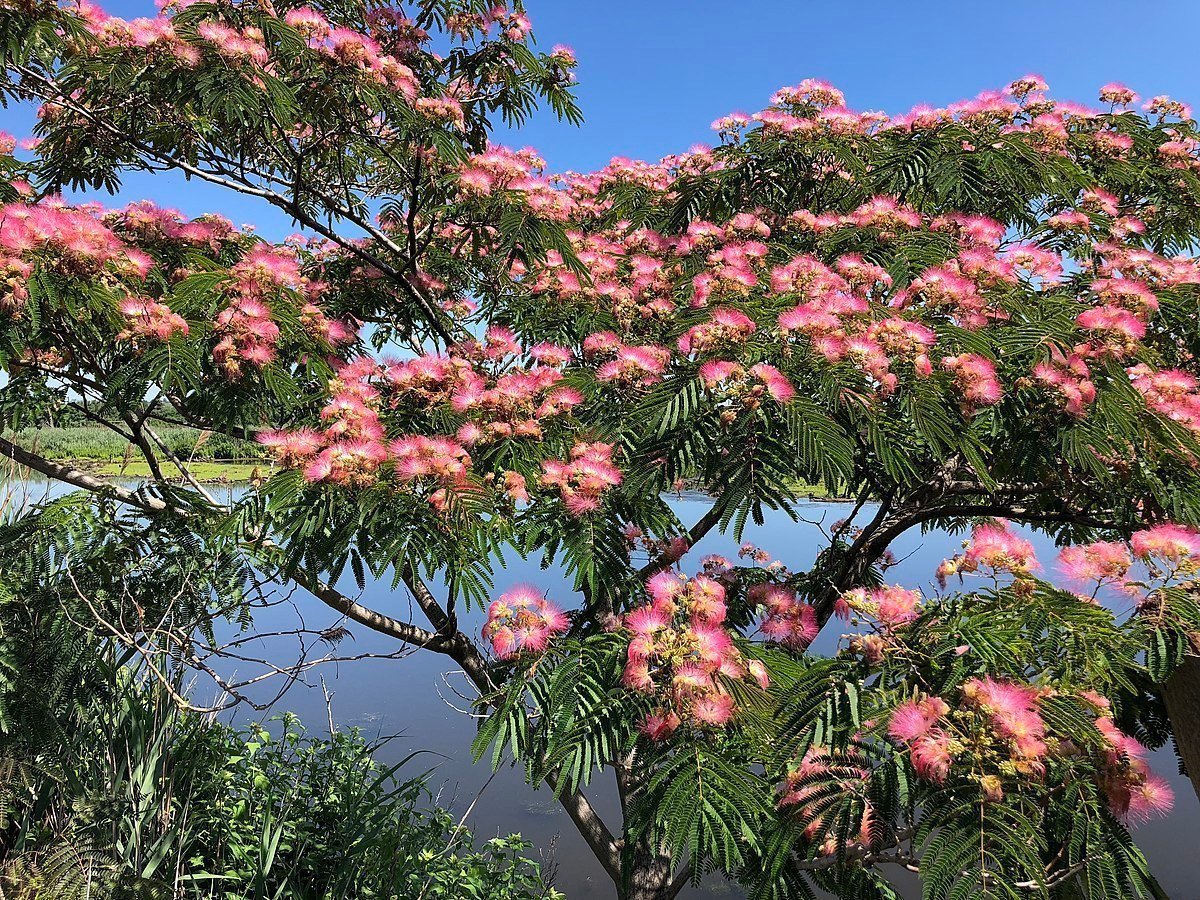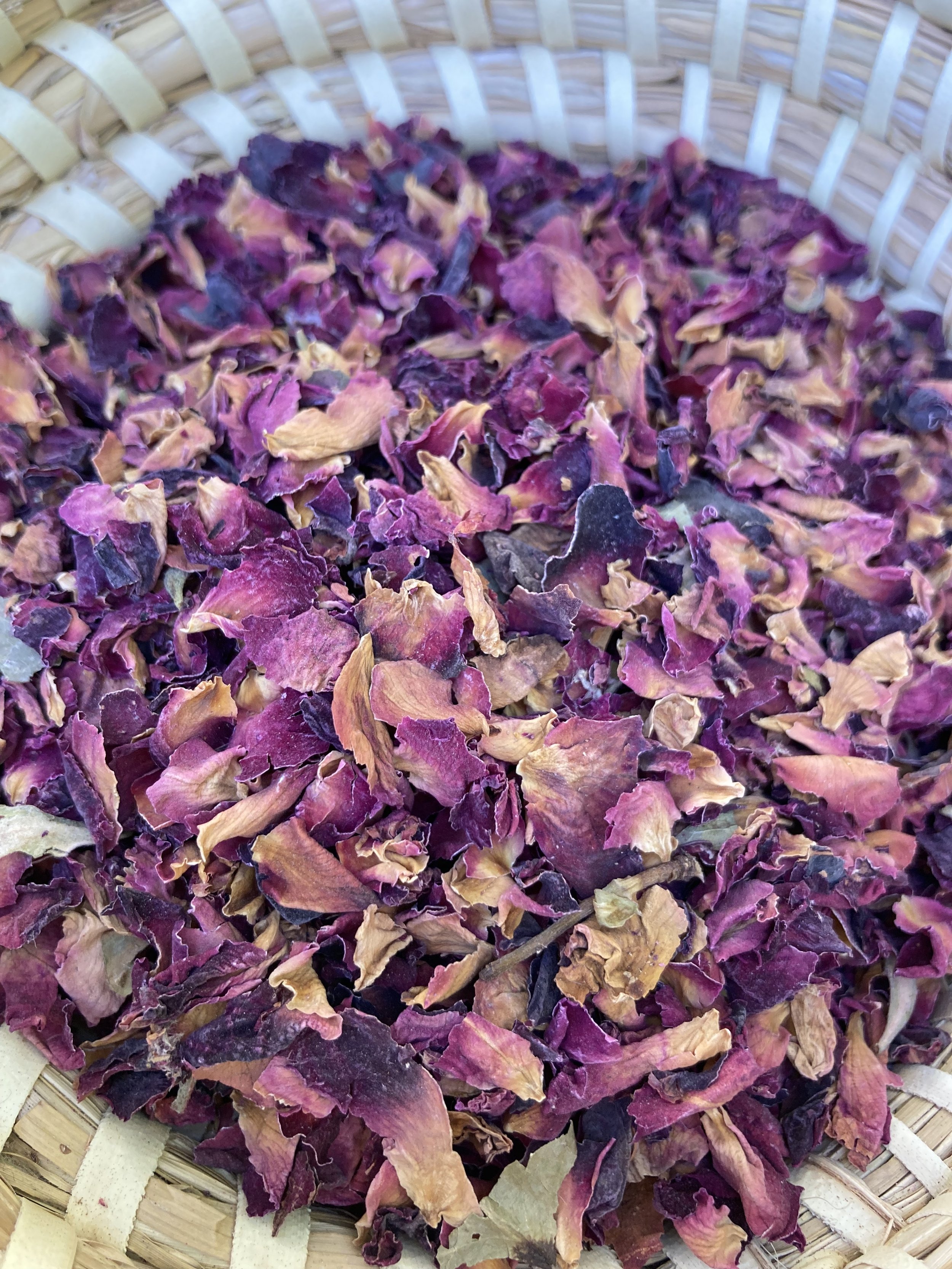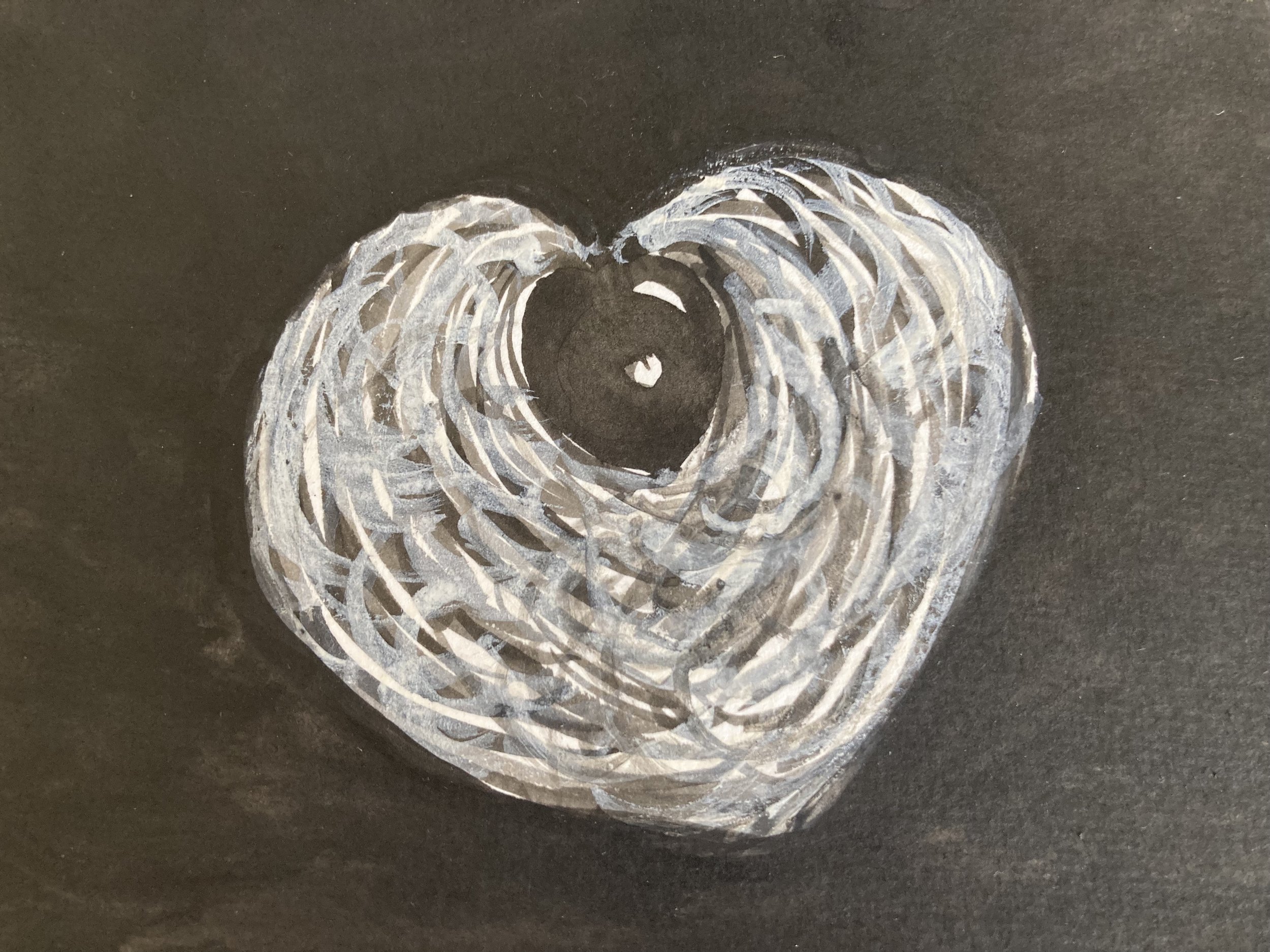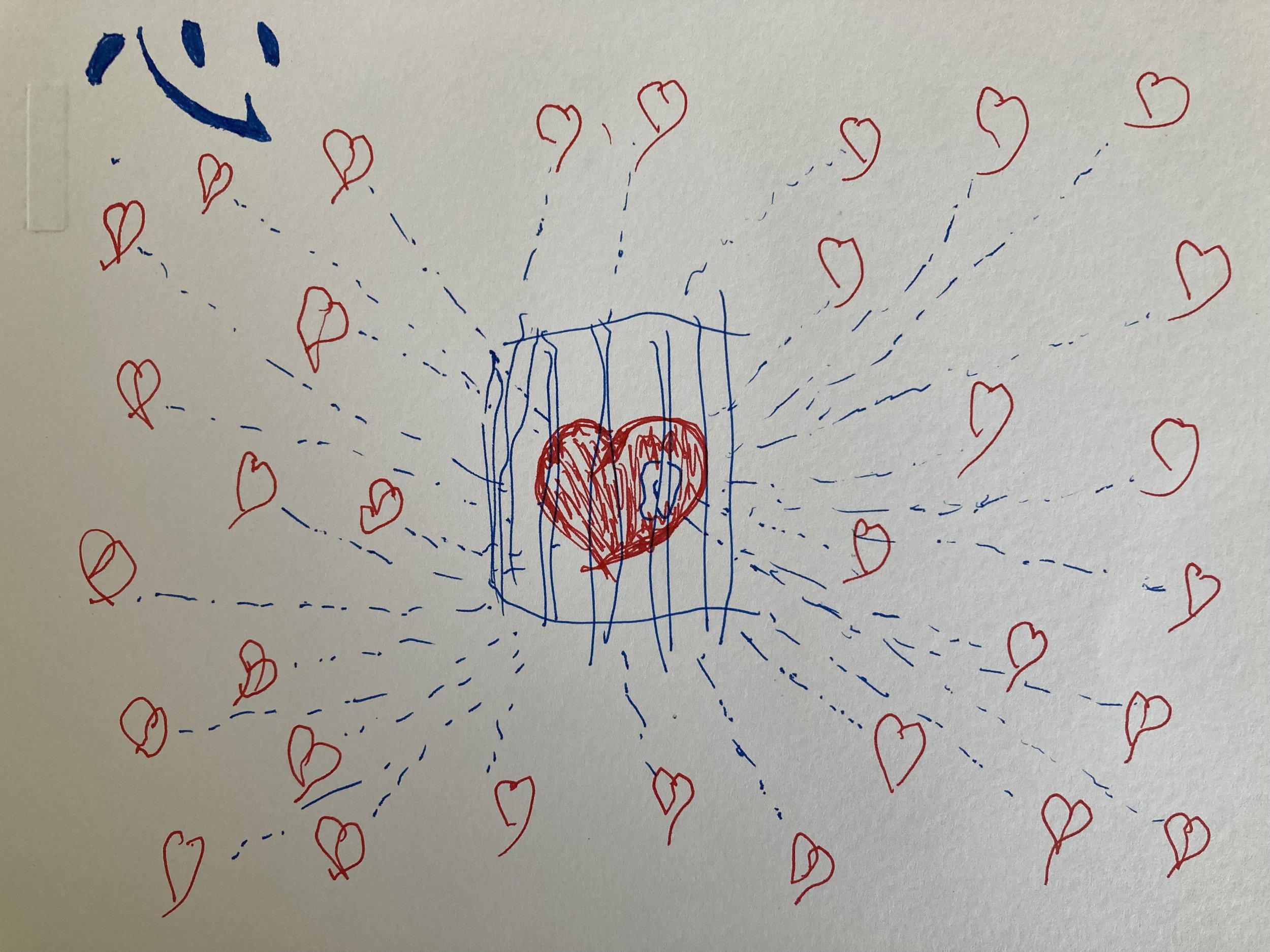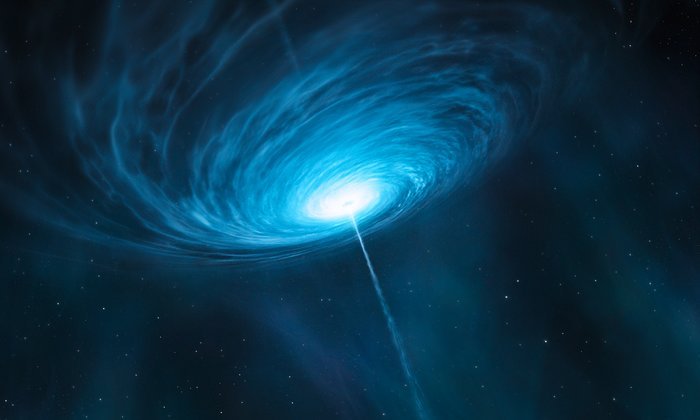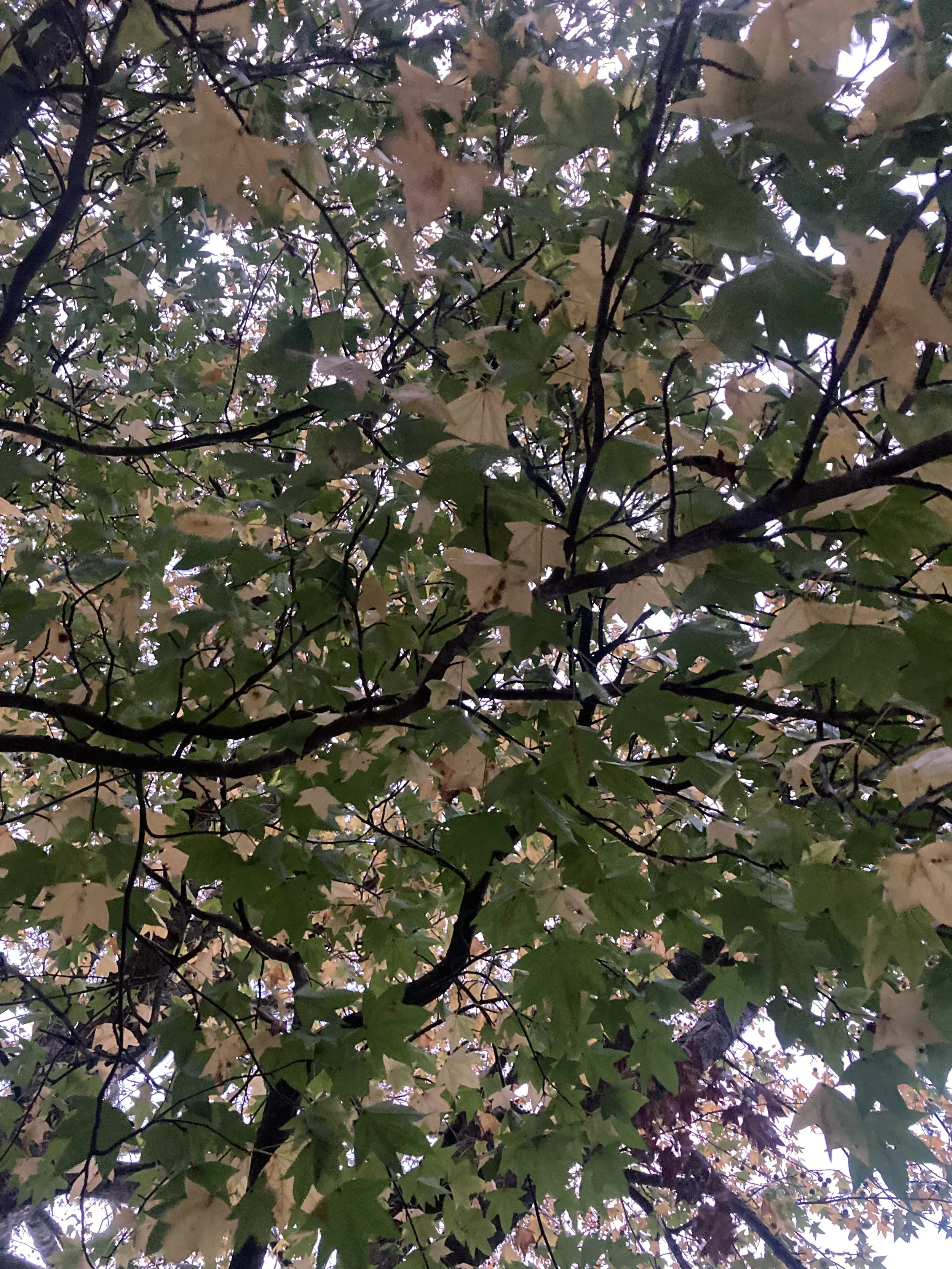Chinese medicine and the practice of acupuncture are rooted in an understanding of the primordial harmony between the macrocosm of heaven and earth. This harmony also extends to the potential for harmony in the microcosm of our human bodies. It is the heart which has a sovereign role in allowing for harmony in the body. The heart in Chinese medicine is described as having both form and formlessness, its nature moving between the visible and invisible. The formlessness is associated with its direct relationship to spirit and to the element of fire which alchemically purifies form. Summertime is also associated with the heart and the element of fire because it is a culmination of warmth and yáng qì [1].
'“Like the sun, the heart warms, it keeps the gentle warmth of life by circulating the blood; but it also illuminates and brings the light which comes from the presence of the spirits”
The Double Aspect of the Heart - Elisabeth Rochat De La Vallée
Foods and Herbal Medicine for the Heart
As the heart is related to the element of fire, it corresponds with the colour red and summer-time. All foods which are red in colour resonate with the heart. Foods which are naturally plentiful in summer-time, i.e. grown in season are nourishing for the heart. Many summer fruits which are red or with pink and purple tones are potent aphrodisiacs and nourish the heart fire, e.g. cherries, figs, strawberries, raspberries, pomegranate, quince, apple e.t.c. Other foods with a red colour are known to help gently nourish the spleen and heart, e.g. red rice and Chinese red dates. The flavour bitter is one of the 5 flavours which directly relates to the heart. Foods and herbs which are bitter help to nourish or treat conditions affecting the heart. Bitter greens like rocket, watercress, lettuce, celery and vegetables with bitter skins like cucumber and melon are all nourishing for the heart in moderation and during summertime. Many herbs that have a stimulant affect on the heart and kidneys, for example the commonly used coffee help to facilitate the movement of the heart qì creating a mild euphoric effect. The petals and bud of rose flower are also used to help support movement of heart and liver qì when emotions may be stuck and our mood feels low. There is a beautiful Persian Silk tree with pink feather like flowers which is commonly seen in Aotearoa, the latin name is Albizia julibrissin. In Chinese medicine the bark (He huan pi) of this tree and the flowers (He huan hua) are used to help calm and anchor the spirit and facilitate the movement of emotions which are stuck. The Chinese name of this tree is He huan translated as ‘collective happiness’.
Emotions of the Heart
The heart holds a central position in the body, having a deep relationship with the kidney and an important relationship with the small intestine. The heart is also closely related to the upper sense organs, in particular the eye through the presence of spiritual light, but also the ear and the tongue through the power of deep listening and speech. The emotions of elation and the feeling of joy correspond to the heart. Elation is an emotion which when prolonged can be considered an aberration to the flow of heart qì, as in the case of mania or mad laughter, or for example when one takes a stimulating euphoric substance which may render one’s feelings, perceptions and behaviour incoherent and disconnected from the reality of the world. When we see a young child without language laughing uncontrollably this is the exuberance of the heart qì, unable to stop for a while and elated by ‘something’. Our own hearts may be moved by seeing this in a child and experience joy. Joy is a desirable feeling state in which one is in flow and contentment with one’s heart and heavenly nature. Elation and joy could be said to be on a continuum. We cannot sustain the experience of elation for long because it exhausts the heart qì, however for the ancient sages a state of content joy is possible to maintain when the heart is at peace.
‘One who knows the music of heaven – life is movement of heaven, death is transformation of the being.
Zhuangzi – Chapter 13
There are many possible ways our emotions can influence our physical heart functioning. We may feel anxious and have difficulty sleeping where the heart and mind become agitated by heat. We may experience grief or heart-break and become madly despairing, or suffer a heart attack due to the emotional shock of loss. In Chinese medicine there is a pattern of disharmony known poetically as ‘Phelgm Misting the Heart’. This pattern can be seen where the heart-mind is affected by deep grief and agony, and may experience either a kind of deep dissociation and catatonic sadness, and/or manic and psychotic states with rage, elation, terror.
the Heart as sovereign
In Chinese medicine the heart is also referred to as sovereign, as the master, exerting power by discerning the unique whole, and guiding the unification of all things.
‘The heart (xīn 心 ) has the charge of sovereign and master (jūn zhǔ 君 主). Spiritual brightness (shén míng 神 明) stems from it’
Huáng dì Nèi jīng Su wen - Chapter 8
This understanding of the heart as sovereign, reminds me of the title and premise of the book ‘The Master and his Emissary: The Divided Brain and the Making of the Western World’, written by psychiatrist, philosopher and neuroscience researcher Iain McGilchrist. In this book he describes the division between the left and right hemispheres of the brain, and the overarching wisdom of the right hemisphere’s ability to understand and embody its connection to a meaningful, complex and flowing reality, as opposed to the left hemisphere’s reductionist tunnel view of the world, void of animation and connection with the body. In this way, the heart that is content maybe said to be in a state of unification of both the right and left hemispheres of the brain and to thus be deeply connected to the body. When we are connected to our body, our heart can hear and see the whole picture of reality; can feel nuance, appreciate beauty, paradox, imagery and metaphor, and glimpse the wisdom of the right hemisphere’s view.
The Horse and the Heart
Within the Chinese zodiac system, the heart is associated with the horse. The horse has always had a deep connection to humans, much like the dog who is associated with the pericardium - ‘the protector of the heart’. It is the horse’s inner nature, as a prey animal with a deep connection to the intuitive realm of the heart, which has shaped human’s heart - heart relationship with the horse. Horses have been sacred animals to Shaman’s, and in modern times we are starting to understand the deep healing potential of horses, especially for those of us who have been affected by trauma. Equine therapy is a growing form of relational therapy being used for those experiencing post traumatic stress and for those affected by relational trauma in their early childhood. Horses help humans to connect to the emotions and feelings in the body which may be hard to access, opening the heart to the possibility of deep connection, contentment, and love.
There is no clear distinction between mind and heart in Chinese medicine, they mutually are one. Like our soul, the heart is considered something we cultivate throughout life, as such it is always an inner work in progress. I am reminded of a quote which I feel speaks clearly to the current struggles humanity has in healing our heart relationships: with our self, with others, between countries, with mother nature and the creatures in the natural world.
“We cannot segregate the human heart from the environment outside ourselves and say once one of these is reformed everything will improve. Man is organic with the environment. His inner life moulds the environment and is itself also deeply affected by it. The one acts upon the other and every abiding change in the life of man is the result of these mutual reactions”.
Shoghi Effendi
NOTES
[1] Yáng qì is the dynamic energy which corresponds to active processes in the environment and the body which relate to qualities of warmth, movement, expansion: e.g. heat, fire, wind, growth, volcanic and tectonic energy, the sun, the daytime, loud noises, expressive emotions, the fight or flight response in the nervous system. Yáng and yin are always in a relative relationship with one another: e.g. The daytime is more yáng than night, but within the day time there can be quiet times when we experience more yin ; the night is more yin than day, but there are times in the night when we may experience more yáng, for example when we feel restless and cannot sleep, having nightmares, or when we are working at night.
REFERENCES
The Double Aspect of the Heart by Elisabeth Rochat De La Vallée
The Master and His Emissary: The Divided Brain and the Making of the Western World by Iain McGilchrist
Chinese Herbal Medicine Materia Medica 3rd Edition by Bensky, Clavey and Stoger

